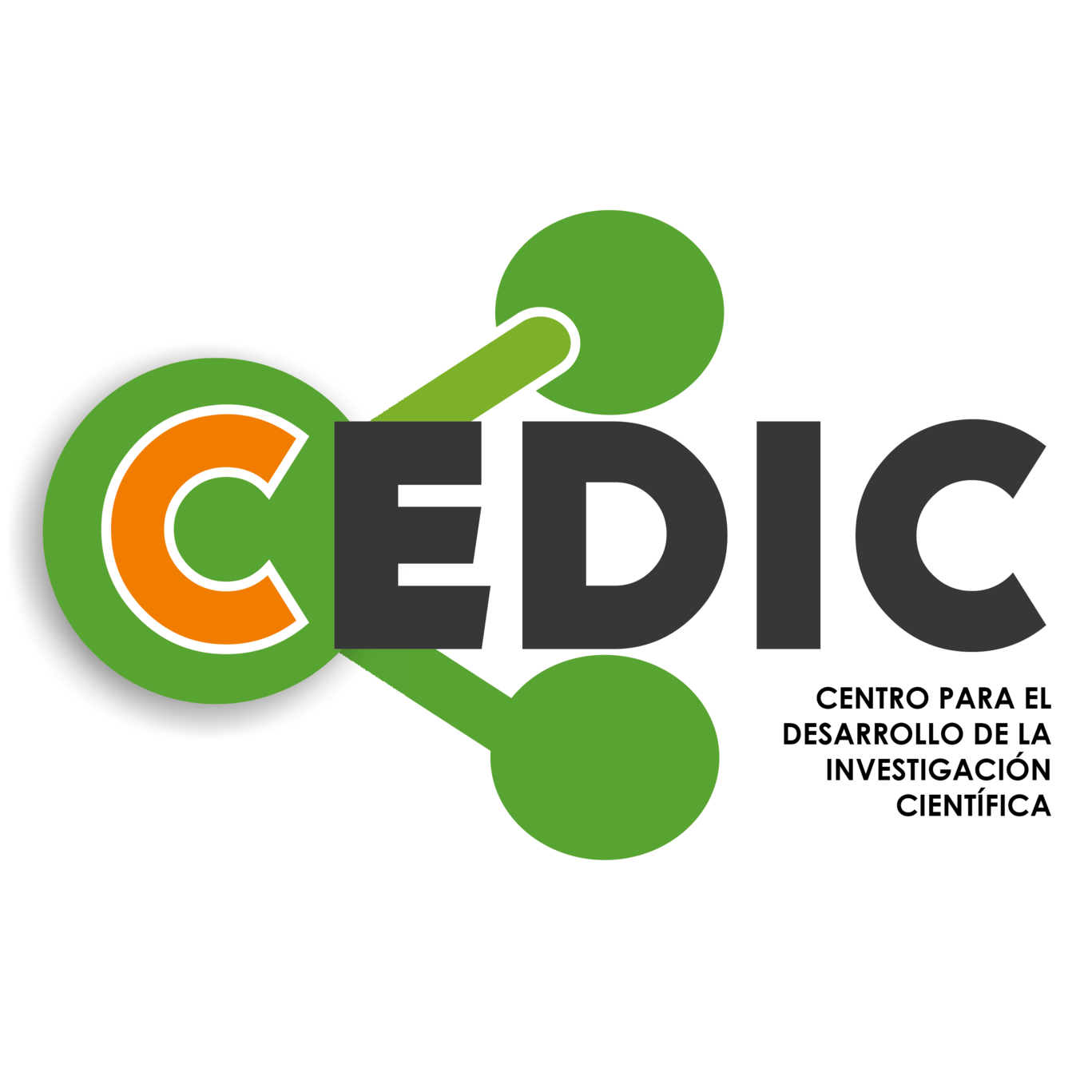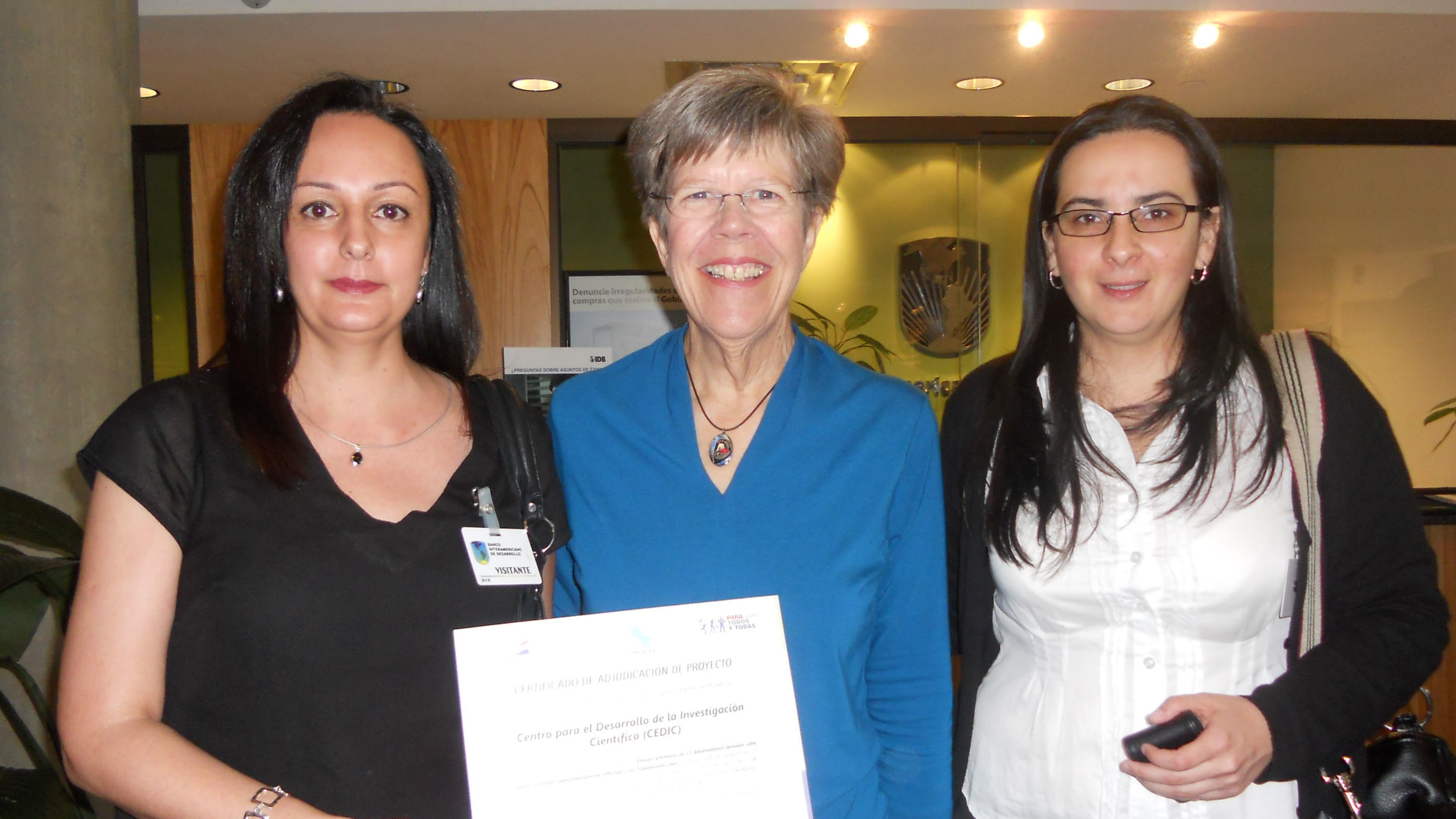Introduction [PLoS NTDS] Trypanosoma cruzi (T. cruzi) is a flagellate protozoan that causes Chagas disease (CD). It is traditionally linked to rural areas of continental Latin America, where it is transmitted by a variety of bug vectors. In recent decades, the epidemiological pattern of this disease has undergone considerable changes. In the endemic countries of Latin America, the regional Chagas programs are working to interrupt vector-borne and transfusional transmission, to control congenital Chagas disease and to support initiatives aimed at improving diagnosis, management and surveillance of the disease. In non-endemic countries that receive immigrants from Latin America or send tourists to endemic areas, CD is an emerging disease and has become a public health problem because it can be transmitted by non-vectorial mechanisms.
Spain is a major European host country for people from Latin America. According to the Spanish National Institute of Statistics, in 2009 more than 1.8 million immigrants from Latin America were registered, accounting for 3.85% of the total population. In recent years several studies of CD in non-endemic countries have focused in particular on non-vectorial transmission mechanisms such as pregnancy and childbirth, blood transfusion and organ transplantation. However, when reviewing the literature we found little information on imported CD in non-endemic countries at the primary care level, which is ideal for screening the general population.
The clinical manifestations of chronic T. cruzi infection include the latent form (the indeterminate chronic form), which occurs in 60% of cases, the cardiac form, the digestive or cardiodigestive form, and sudden death. Therefore, many diagnoses of CD are based on epidemiological suspicion rather than clinical signs and symptoms.
The objectives of the present study were to assess the prevalence of Trypanosoma cruzi infection in the adult Latin American population treated at a health center in Barcelona, Spain; to analyze the clinical phase of the disease; and to determine whether screening for imported CD in primary care should be recommended.
Read full article [PLoS NTDS]
Roca C, Pinazo MJ, López-Chejade P, Bayó J, Posada E, et al. (2011) Chagas Disease among the Latin American Adult Population Attending in a Primary Care Center in Barcelona, Spain. PLoS Negl Trop Dis 5(4): e1135. doi:10.1371/journal.pntd.0001135



 [
[
 [
[





![logo [Converted]](http://cedicpy.files.wordpress.com/2010/10/logo-the-global-fund.jpg?w=269)


